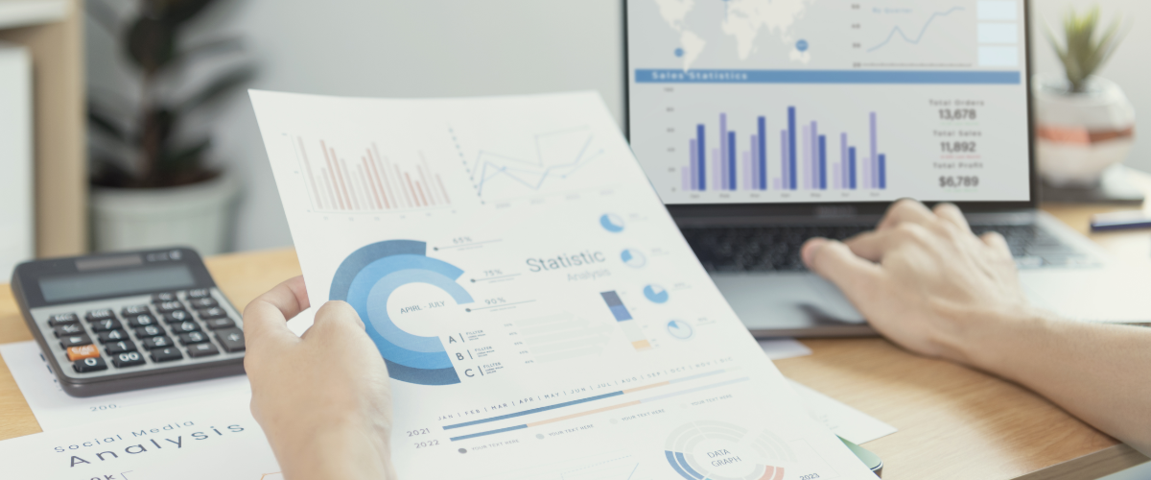A payroll is the list of employees and the amounts entitled to receive and other work benefits. As per the HM Revenue and Customs’ (HMRC) guidelines, companies shall register for PAYE and list details of employees receiving £123 or more a week; PAYE is HMRC system to collect Income Tax and National Insurance from employment.
DD Chartered Accountant manages the complexities of payroll and ensures it is always filed correctly on time. Our payroll solutions can be tailor-made according to your budget, business size, and specific needs from processing payslips, to issuing P60s and helping you keep compliant with HMRC regulations. DD Chartered Accountant advises and offers support in:
- overcoming the complexity and risk of sourcing, managing and delivering payroll services
- unifying and standardising your payroll processes into a best-in-class model that helps reduce HR administrative costs
- anticipating changes in laws and regulations, while managing differences in time zones, currency and language
- benefiting from a single view of workforce data for reporting and analytics, improving fact-based decisions



